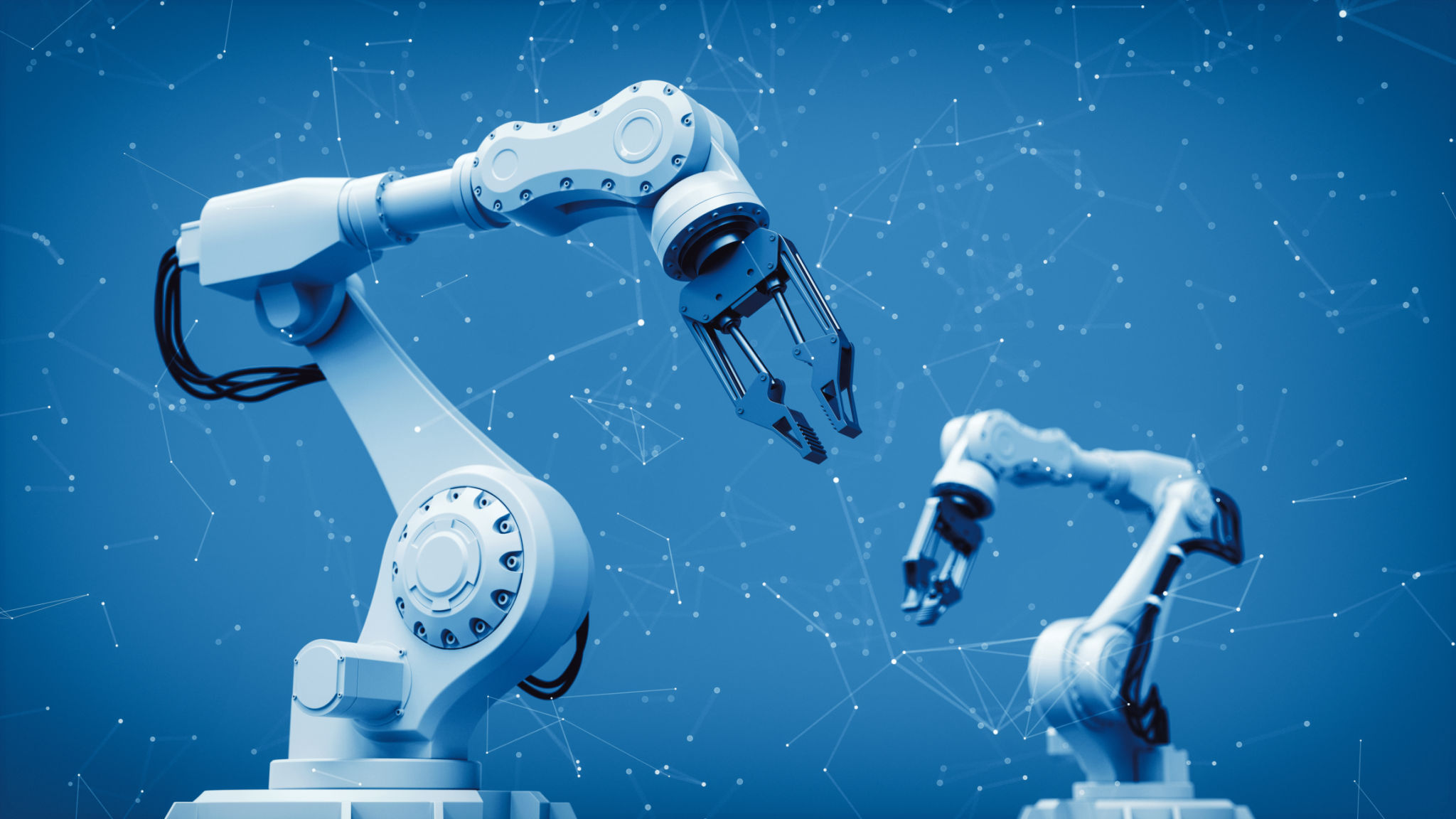Case Study: How AI is Revolutionizing Smart Manufacturing in Hangzhou
Introduction to AI in Smart Manufacturing
As technology advances at an unprecedented pace, industries around the world are embracing innovative solutions to enhance efficiency and productivity. One such transformation is occurring in the realm of smart manufacturing, particularly in Hangzhou, China. Here, artificial intelligence (AI) is playing a pivotal role in revolutionizing the manufacturing landscape.
Hangzhou, known for its vibrant tech scene, is now at the forefront of integrating AI into manufacturing processes. This integration is not only streamlining operations but also paving the way for a more sustainable and responsive manufacturing ecosystem.

The Role of AI in Manufacturing Processes
AI technologies are being utilized in various aspects of manufacturing, from predictive maintenance to quality control. By analyzing vast amounts of data, AI systems can predict equipment failures before they occur, minimizing downtime and reducing maintenance costs.
Moreover, AI-driven quality control systems are enhancing product consistency and reducing waste. These systems use machine learning algorithms to detect anomalies in real-time, ensuring that only products meeting high standards reach consumers.
Case Study: A Leading Manufacturer in Hangzhou
A prominent example of AI's impact can be seen in a leading Hangzhou-based manufacturer specializing in electronics. By implementing AI-powered robotics and automation, the company has significantly increased its production capacity while maintaining high quality.

This manufacturer has also employed AI for supply chain optimization. By predicting demand trends and optimizing inventory levels, the company has improved its logistics efficiency, resulting in faster delivery times and reduced costs.
Benefits of AI Integration
The integration of AI in manufacturing offers numerous benefits. Among the most notable are:
- Increased Efficiency: AI technologies automate repetitive tasks, allowing human workers to focus on more complex functions that require creativity and problem-solving skills.
- Cost Reduction: Predictive maintenance and optimized supply chains lead to substantial cost savings.
- Improved Product Quality: Real-time quality control systems ensure that products meet stringent quality standards.

Challenges and Solutions
Despite its advantages, integrating AI into manufacturing poses several challenges. These include the need for substantial initial investments and the requirement for skilled personnel to manage these advanced systems.
To address these challenges, many companies in Hangzhou are investing in training programs to upskill their workforce. Additionally, government incentives are being offered to support businesses adopting these cutting-edge technologies.
The Future of Smart Manufacturing in Hangzhou
The future of smart manufacturing in Hangzhou appears promising. As AI technologies continue to evolve, they will further enhance manufacturing capabilities, leading to even greater efficiencies and innovations.
Hangzhou is setting an example for other cities around the world by showcasing how AI can be leveraged to transform traditional industries into modern powerhouses of productivity and sustainability.

In conclusion, the case study of AI's impact on smart manufacturing in Hangzhou illustrates a transformative journey that combines technological innovation with strategic implementation. As more manufacturers adopt these technologies, the potential for growth and evolution in the industry becomes boundless.